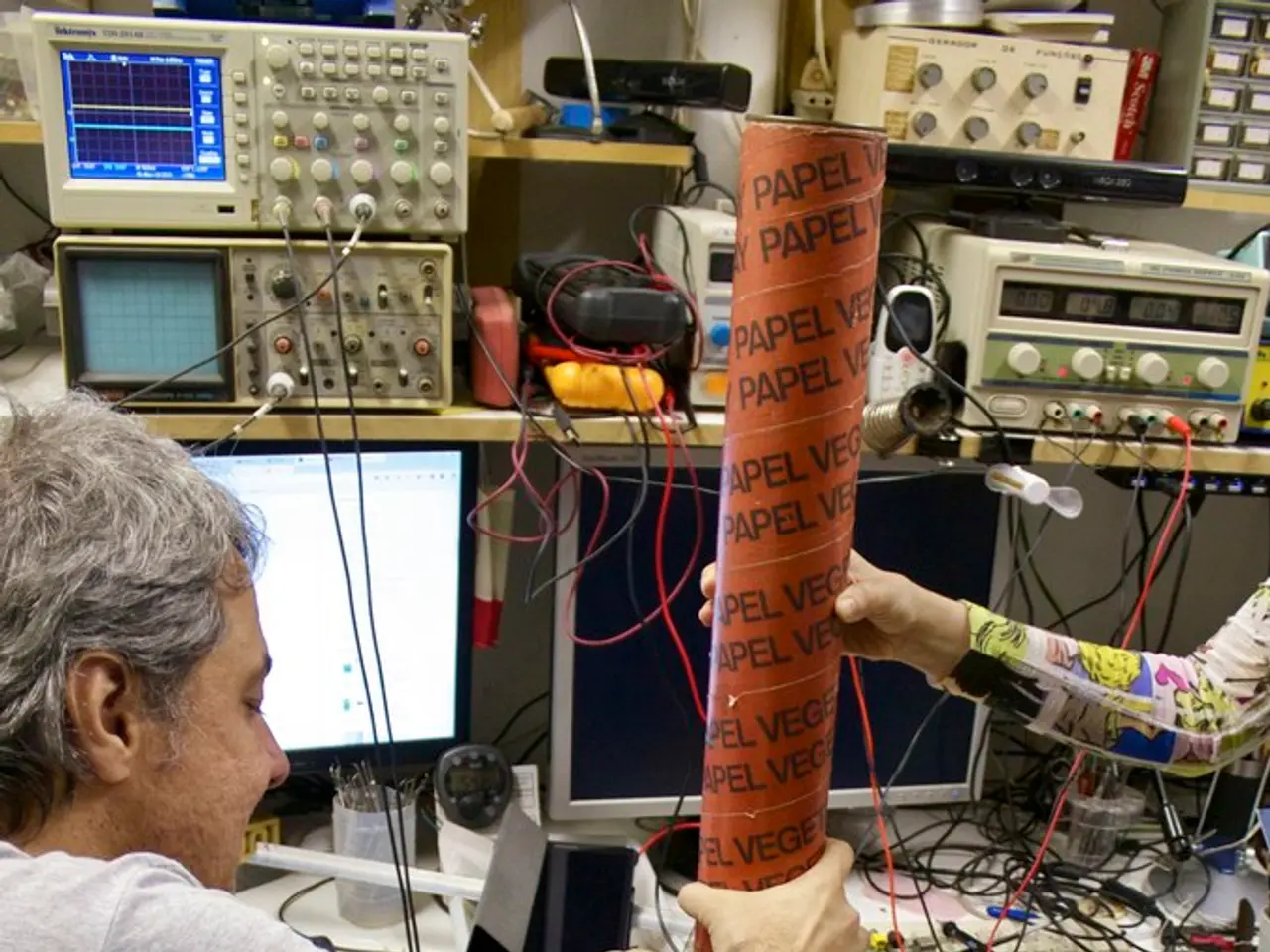Pressure Cooker: Deadline's Stranglehold
In the battle between procrastination and rushing to finish a task, understanding the underlying dynamics is key. This conflict stems from a tussle between the limbic system and the prefrontal cortex, the emotional and logical centres of the brain respectively.
The prefrontal cortex, the logical, future-planning centre of the brain, prioritizes long-term success. However, the limbic system, the emotional, reward-seeking centre, often takes the lead, prioritizing immediate comfort over long-term success. This is why procrastination and rushing to finish a task are more about emotion regulation than time management.
The statement "I work better under pressure" is a common belief, but it's not indicative of increased performance. Instead, it's a compensatory rush to finish tasks due to procrastination and inaction over a prolonged period.
To break free from this cycle and improve task completion without relying on pressure or guilt, focus on starting with very small, manageable steps. Break large tasks into bite-sized actions, commit to just beginning for a few minutes, and create an inviting, low-friction environment to encourage ease in starting work.
Here are some key strategies that can help:
- Break tasks into small, non-threatening micro-actions to reduce feelings of overload and make starting easier.
- Commit to a tiny first step, such as working on a task for just 10-15 minutes, to overcome initial resistance and build momentum.
- Organize tasks with clear, actionable steps and project lists to make goals concrete and reduce ambiguity.
- Prepare your environment by eliminating distractions and organizing resources so starting work requires minimal effort.
- Emphasize progress instead of perfection, allowing mistakes as part of learning, which reduces fear of failure.
- Use enjoyment strategies like listening to music or rewarding yourself to make tasks more appealing and internally motivating.
By applying these approaches consistently, you can replace procrastination with habit-forming productive behaviours driven by positive reinforcement and manageable task design. Remember, the goal is to foster a mindset that supports natural engagement rather than relying on negative emotions or external pressure.
Lastly, when a task feels uncertain or unpleasant, the brain tends to seek an escape hatch. Deliberately intervening can help manage this conflict and prioritize productive work over distractions. Procrastination and rushed performance are not effective strategies for long-term success. Instead, embrace a mindful and structured approach to work, and watch your productivity soar.
Science has a crucial role in workplace wellness, as it helps us understand the brain's role in procrastination and productivity. For instance, the prefrontal cortex, our logical center, prioritizes long-term success, while the limbic system, our emotional center, often lures us with immediate comfort. With this knowledge, we can focus on education and self-development to foster personal growth, using strategies like breaking tasks into manageable parts, starting with small steps, and creating a conducive work environment (health-and-wellness). These shall strengthen our mental health, enabling us to break free from the cycle of procrastination and enhance our productivity.




